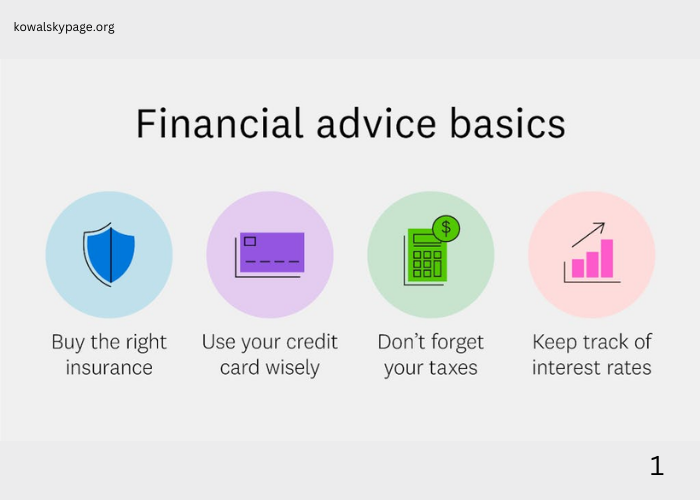Managing personal finances effectively is a critical skill that can lead to financial stability and long-term wealth. Here are some practical tips to help you take control of your money and achieve your financial goals:
1. Create a Budget
A budget is the foundation of good financial management. Start by tracking your income and expenses to understand where your money is going. Categorize expenses into essentials (like rent, groceries, and utilities) and non-essentials (like dining out or entertainment). Allocate specific amounts to each category and stick to your plan. Regularly reviewing and adjusting your budget ensures it remains realistic and effective.
2. Build an Emergency Fund
Life is unpredictable, and unexpected expenses can derail your financial plans. Aim to save at least three to six months’ worth of living expenses in an easily accessible account. This fund can serve as a safety net during emergencies, such as medical issues or job loss, and prevent you from relying on high-interest debt.
3. Reduce and Manage Debt
Debt can quickly spiral out of control if not managed properly. Focus on paying off high-interest debts first, such as credit card balances, while making minimum payments on others. Consider consolidating debts or negotiating lower interest rates to make repayment more manageable. Avoid accumulating new debt unless absolutely necessary.
4. Save and Invest for the Future
Set aside a portion of your income for savings and investments. Start with a retirement account, such as a 401(k) or IRA, to take advantage of tax benefits and employer matching (if available). Diversify your investments across different asset classes, such as stocks, bonds, and real estate, to reduce risk and maximize returns.
5. Live Below Your Means
Living within or below your means is essential for building wealth. Avoid lifestyle inflation—the tendency to increase spending as your income grows. Prioritize needs over wants, and look for ways to save money, such as cooking at home, shopping sales, and avoiding unnecessary subscriptions.
6. Educate Yourself About Personal Finance
Financial literacy is key to making informed decisions. Take time to learn about topics such as budgeting, investing, taxes, and credit management. Numerous free resources, including books, online courses, and podcasts, can help you improve your knowledge and skills.
7. Set Financial Goals
Define short-term and long-term financial goals to stay motivated and focused. Examples include paying off a specific debt, saving for a vacation, or buying a home. Break these goals into actionable steps and track your progress regularly.
8. Monitor Your Credit Score
Your credit score affects your ability to secure loans, rent apartments, and even get certain jobs. Check your credit report annually for errors and ensure all payments are made on time. Maintaining a good credit score can save you money through lower interest rates and better financial opportunities.
9. Protect Your Assets
Consider purchasing insurance to safeguard your financial health. Health, auto, home, and life insurance can protect you and your loved ones from significant financial losses. Additionally, keep important documents, such as wills and power of attorney, updated to ensure your assets are managed according to your wishes.
10. Seek Professional Advice
If you’re unsure about managing your finances, consider consulting a financial advisor. They can provide personalized advice based on your financial situation and help you develop a comprehensive plan to achieve your goals.
By implementing these tips, you can build a strong financial foundation, reduce stress, and work towards a more secure and prosperous future. Remember, effective money management is a journey, not a destination—consistency and discipline are key.





